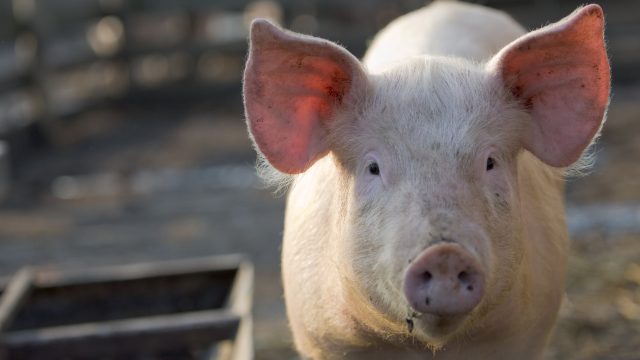
Animal Law—New Perspectives on Teaching Traditional Law
The Animal Legal Defense Fund’s very own Joyce Tischler and Pamela Hart recently teamed up with Kathy Hessler and Sonia Waisman to co-author Animal Law—New Perspectives on Teaching Traditional Law, a new legal casebook published by Carolina Academic Press. The Animal Legal Defense Fund is the leader in mainstreaming the teaching of animal law in American law schools. This pioneering casebook is a first-of-its-kind turnkey approach to incorporating animal law into existing “traditional” law courses at American Bar Association (ABA) accredited law schools.
This resource is important because law professors often look for new tools to help explain complex legal concepts and inspire their students to better engage in the study of law. While traditional areas of the law experience change over time, a newly created legal area may provide a condensed version of the process by which social debate and legal development interact. The emerging field of animal law has fascinating insights to offer traditional law courses.
Due to the ubiquitous presence and use of animals in our society, animal law overlaps with contracts, criminal law, torts, property, constitutional law, commercial law, wills and trusts, domestic relations, environmental law, evidence, patent, and even tax law – all relating to the use or protection of animals. For example, someone who abuses a mouse can be charged with cruelty, but anyone can hire a pest control company to kill and remove wild mice from their attic, with no fear of criminal prosecution. The mice in both situations suffer, but the law views and treats them very differently. Using animal law cases enables the professor to provide students with a new lens through which to explore how the law works, and enables us to reach a much larger audience of future lawyers, judges, and other legal professionals.
Furthermore, investigating animal law cases within traditional areas of law fosters an understanding of how the law develops in response to new information and evolving social norms. Should dogs or cats be used in medical research? What sorts of protections should animals raised for food be given? Should elephants be kept in captivity? Animal law cases encourage critical thinking and questioning of the function of certain legal constructs, sharpen our legal analysis, test the law’s ability to respond to changing realities, and allow us to clearly see bridges between legal fields and other non-legal disciplines.
For additional information on Animal Law—New Perspectives on Teaching Traditional Law, please click here.
How We Work
Related
-
Court Rules Texas Food Label Censorship Law is Unconstitutional
The law imposed unclear and vague standards on plant-based meat producers that violate the First AmendmentJanuary 29, 2026 Press Release -
State Animal Protection Laws Ranked: Oregon is #1, North Dakota #50
20th edition of ALDF state and territory ranking report highlights major advancements & trends in animal protection across the U.S.January 27, 2026 News -
Over 30 Organizations Urge USDA to Limit Federal Support for Manure Digesters
Hundreds of millions of dollars intended to cut energy costs have been funneled to costly manure digesters, benefitting the largest factory farmsJanuary 15, 2026 News



